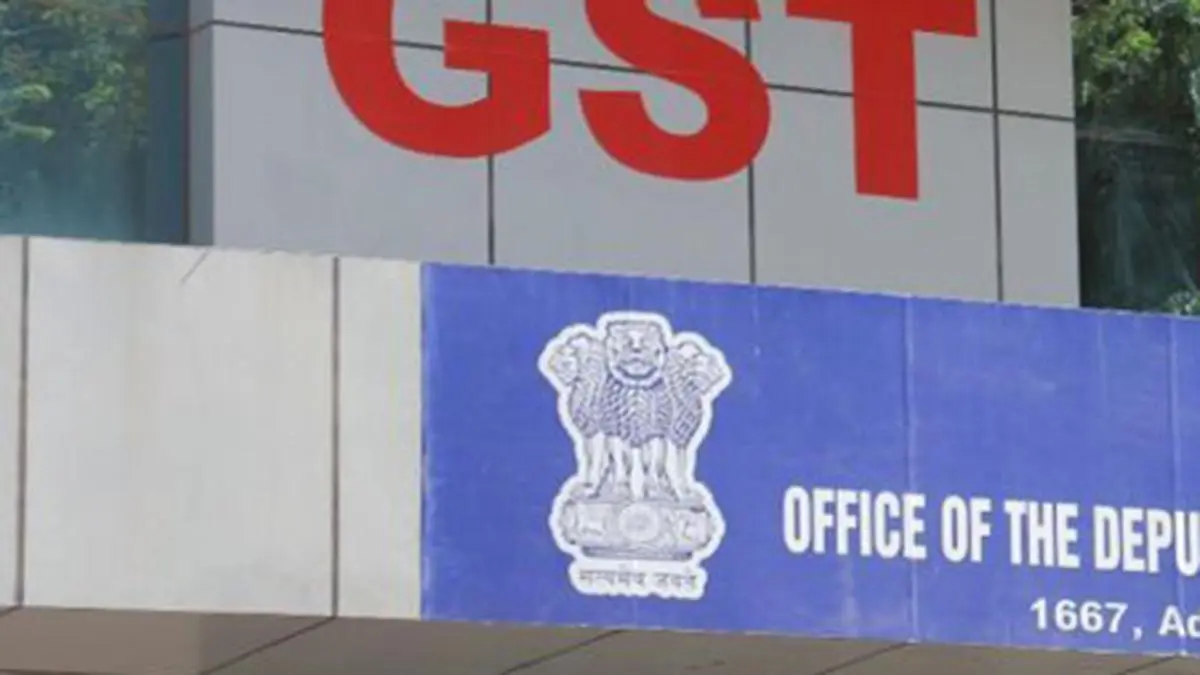By Mahesh Jaisingdp Nagendra
Goods and Services Tax (GST) framework, built on the motto of ‘One Nation, One Tax’, constitutes a seminal event in India’s tax landscape. Conceived to harmonise and streamline indirect tax framework, GST has profoundly impacted businesses and wider economic milieu.
2024 was a blockbuster year due to a gamut of transformative GST reforms aimed towards promoting ease of doing business (EoDB), expansion of technology-based administration and effective dispute resolution measures. Deloitte India’s flagship 8th annual GST survey (2025) revealed an enhanced positive sentiment towards the regime by 85 per cent of the respondents, specifically due to the role of technology and consultative policy making environment.
Ease of doing business
GST Council fostered a tax-friendly environment by way of clarifications on contentious issues such as valuation of inter-entity corporate guarantees, ‘no supply’ status to transfer of vouchers have aided in putting end to divergent interpretations. Clarification on credit transfer through ISD, internally generated services, NIL valuation in case of recipients eligible for full credit, have resolved a long-standing conundrum in case of intra group transactions.
Further, reduction of TCS to 0.5 per cent has also eased the working capital needs of small sellers operating via e-commerce platforms. The Government has also taken a significant step towards liberalisation of export rules by issuing clarifications, among others, for determining situs of advertisement and data hosting services. The 2025 Deloitte survey results strongly recommend placing export liberalisation at the forefront of GST 2.0 reforms, highlighting industry’s shifting focus.
Industry has been highlighting need for a robust dispute resolution mechanism. In response, the government issued SOPs in February 2024, for streamlining investigations initiated by the Directorate General of GST Intelligence (DGGI). This aided in putting an appropriate framework in place qua initiation of investigations, grievance redressal protocols for assessees, prevention of parallel proceedings, etc. Per the Deloitte GST survey, reduction in pre-deposit rate ranks 3rd among various favourable measures in the GST litigation landscape. Also, implementation of digital initiatives such as e-filing portal, e-invoicing, invoice management system (IMS) and e-way bills have significantly automated routine tax-related processes and provided an e-trail of records for future audits.
Time bound tax reforms aim at creating a business-friendly environment conducive for garnering foreign investments as well. Per the Government’s press release of February 2024, India’s ranking improved from 142nd in 2014 to 63rd in World Bank’s Doing Business Report 2020.
Democratised decision-making
Implementation of GST in India is a fine example of ‘co-operative federalism’ aimed at achieving a common goal of economic empowerment for the country, while creating a business-friendly environment. GST Council’s highly democratised decision-making reflects a shared vision between the Central and all State Governments for a simplified GST regime. This process guarantees that the recommendations undergo a thorough review and deliberation prior to implementation, thereby maintaining an inclusive approach to policy-making.
In summary, 2024 showcased some momentous tax reforms driven by collaborative effort between policymakers and the trade, fostering stakeholder engagement. . Industry is keen on government adopting effective measures to establish a fair dispute resolution mechanism, GST rate rationalisation, uniformity in audits, enhanced technological infrastructure, liberalisation of export rules. The other expectations of industry include introduction of the ‘Large Taxpayer Unit’, consolidation of audits for MSMEs, relinquishing concept of ‘intermediary’, clarification on post-sale discounts, cross utilisation of ITC between distinct persons, refund of closing ITC balance, payment of GST under RCM through ITC, etc.
As we move towards GST 2.0, the Government’s continued focus on simplification, faster dispute resolution, technology and support for new-age industries will be key in supporting India’s growth vision of an ideal investment destination.
Jaising is Partner and Indirect tax leader, Deloitte India; Kumar is Senior Advisor, Deloitte, and former CBIC Member. With inputs from Apoorva Yadav, Director, Deloitte India
Published on July 1, 2025
